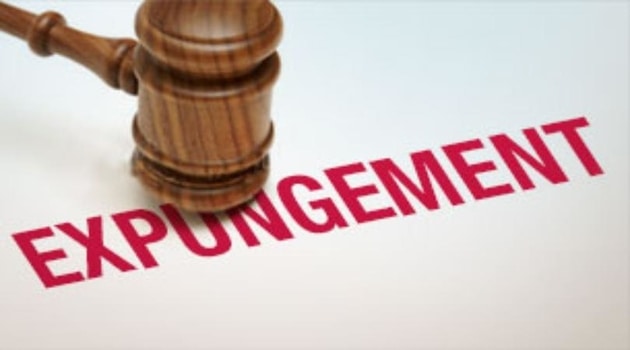
Expungement not Pardons
Just like us in the United States, Canada has identified that it too has seen cannabis prohibition unfairly affect those in minority demographics. It’s sad to hear that this issue specifically transcended our northern border. It is not ok to treat people differently based on the color of their skin or their culture. This is not the first time anyone has heard this, so why is this still occurring!
As Prime Minister Trudeau acknowledged earlier this month: “There is a disproportionate representation of young people…from racialized communities who are saddled with criminal convictions…for simple possession.” Black and Indigenous communities in particular have been historically overrepresented among this population.
Empirical evidence supports this. In Toronto, black people were three times more likely than white people to be arrested for possession. Black and Indigenous people have been similarly overrepresented in possession-related arrests throughout other major Canadian cities. The results are not only unfair, but also raise concerns about the extent to which the enforcement of the law has been consistent with the Charter of Rights and Freedoms, which guarantees the right to equal treatment under the law without discrimination based on race.
What is the difference between a pardon and expungement?
An expungement differs from a pardon in that it treats a conviction as never having been entered, permanently deleting it from criminal justice records. This effectively removes any burden it has placed on the holder for conduct our government now recognizes to be without stigma. It also has the benefit of increased certainty for the former record-holder, as the deletion of a record cannot be revoked. Moreover, a person whose record has been expunged can clearly and confidently state that they have never been convicted of a criminal offence.
By contrast, a pardon (technically called a “record suspension”) maintains the record of the conviction, but effectively places it in a separate filing cabinet. A pardon can be revoked at a later date in certain circumstances. For example, the Criminal Records Act allows the parole board to revoke a pardon when it thinks someone is “no longer of good conduct” – a vague standard that can be met without someone even having been charged with a subsequent offence.
Most alarmingly, a future government could retract pardons for simple possession en masse by amending the Criminal Records Act or any separate legislation the current government introduces to implement this measure (though the validity of such an amendment would surely be challenged in court).
If the goal is to remedy injustice, articulating a hierarchy of state-created injustices and their relative impact on marginalized communities is not a helpful exercise. Instead of trying to figure out whether an injustice was unjust enough to warrant expungement, the government should focus on how best to right a historical wrong.
In the case of convictions for simple possession of cannabis, the disproportionate harm it has exacted on black and Indigenous communities points to the expungement of convictions as the only way to permanently – and purposively – erase the scarlet letter.
What do you think? Is it time to correct the wrongs of previous administrations? We believe it is beyond that point and action needs to be demanded now.


